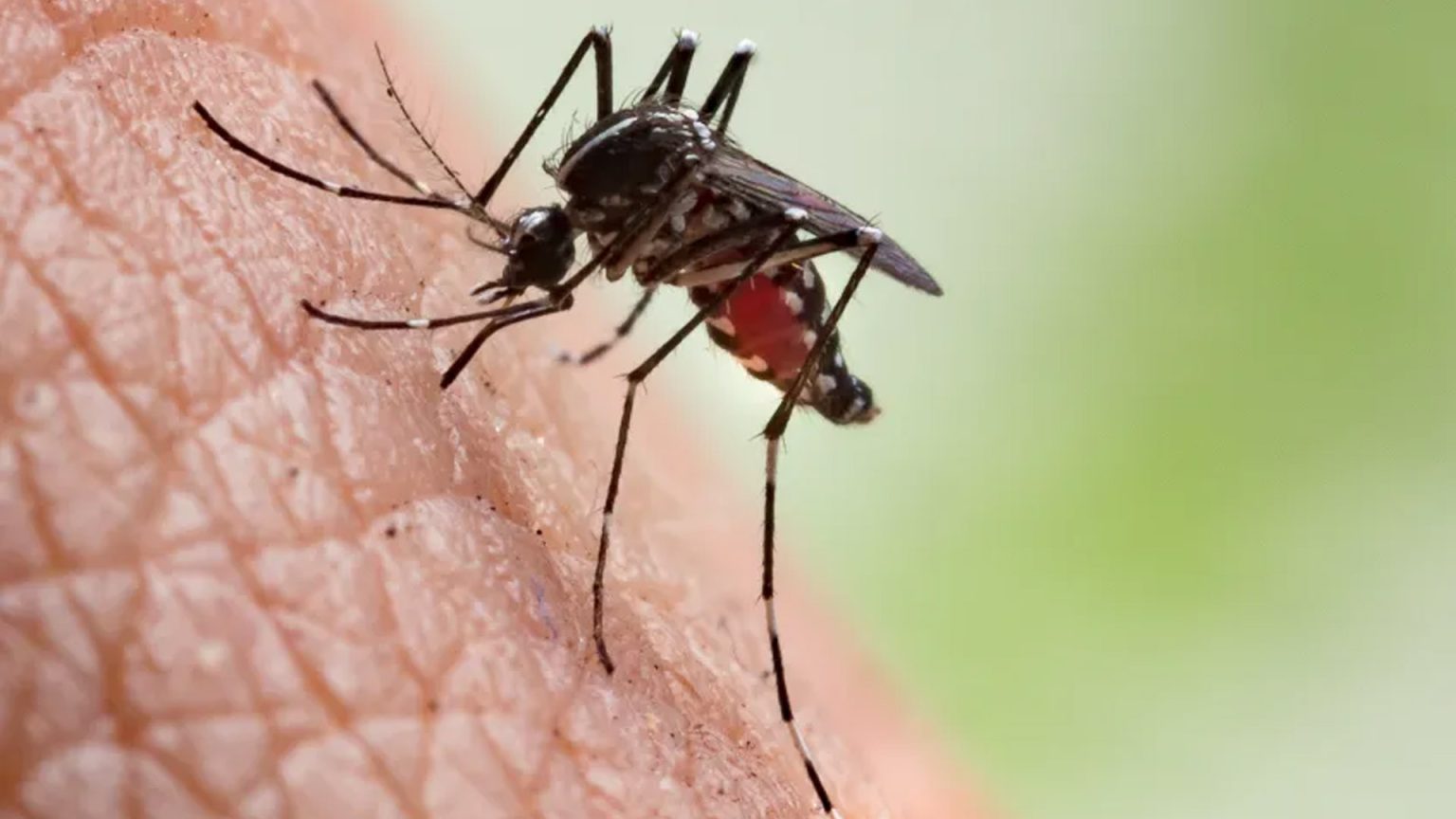Genetically modified "toxic male" mosquitoes present a novel approach to combating mosquito-borne diseases, potentially offering a faster and more targeted method than traditional genetic modification techniques. Current strategies focus on manipulating male mosquitoes to either render female offspring infertile or produce exclusively male offspring, gradually reducing the mosquito population. This new method, however, directly targets the disease-carrying females by genetically engineering males to produce venom proteins in their semen. These proteins, transferred during mating, significantly shorten the female’s lifespan, thus diminishing her capacity to transmit diseases like malaria, dengue fever, Zika, and yellow fever. These diseases, carried primarily by female Aedes aegypti and Anopheles gambiae mosquitoes, cause hundreds of thousands of deaths and millions of infections annually, representing a significant global health burden.
The "toxic male" approach promises to rapidly reduce the population of biting females, potentially curbing disease transmission more effectively and swiftly than previous methods. Initial research conducted with fruit flies demonstrated the efficacy of this approach, showing a significant reduction in female lifespan after mating with "toxic males." Computer simulations, modeling the introduction of these modified males into Aedes aegypti populations, predicted a substantial decrease in blood-feeding rates, thereby reducing the potential for disease transmission. This swift action is particularly crucial in preventing epidemics, as highlighted by the rapid global spread of COVID-19.
Traditional genetic modification techniques, while effective, require time for the modified genes to propagate through the mosquito population, impacting future generations. The "toxic male" strategy directly affects existing disease-carrying females, offering a more immediate impact. This rapid action is comparable to the speed of pesticides, but without the detrimental effects on beneficial insect species often associated with chemical interventions. This precision targeting addresses a key limitation of pesticides, which can indiscriminately harm a wide range of insects, disrupting ecological balance.
Researchers emphasized the importance of rigorous safety testing before implementing this technology in mosquito populations. While the venom proteins are carefully selected to be non-toxic to mammals and designed to avoid harming beneficial insects, further studies are crucial to ensure environmental safety and prevent unforeseen consequences. These studies will assess the long-term effects of the modification, examining its impact on the broader ecosystem, including potential interactions with other species and the development of resistance in the target mosquito populations.
The selected venom proteins specifically target the physiological processes of the target mosquito species, minimizing the risk to other insects. Furthermore, the mode of delivery, through mating, ensures a highly targeted approach, limiting exposure to non-target organisms. This precision minimizes the potential for collateral damage, preserving the ecological roles played by beneficial insect species, unlike broad-spectrum pesticides that can significantly disrupt ecosystems.
This innovative "toxic male" approach offers a promising new tool in the fight against mosquito-borne diseases. It promises a more rapid and targeted intervention compared to traditional methods, potentially reducing the burden of these diseases and preventing devastating epidemics. Further research and rigorous safety testing are crucial to ensure the responsible and effective deployment of this technology, paving the way for healthier communities and a more sustainable approach to pest management. The ultimate goal is to develop a safe and effective biocontrol method that can contribute significantly to global health efforts, particularly in regions most impacted by mosquito-borne illnesses.











